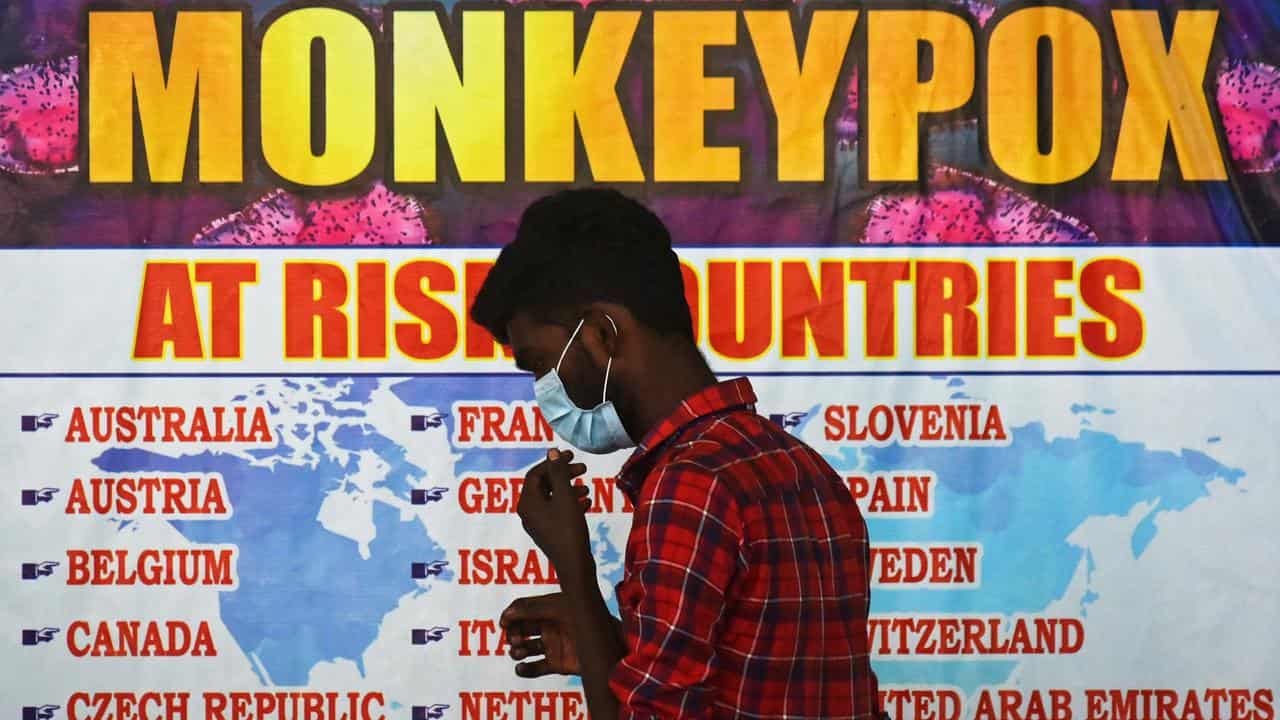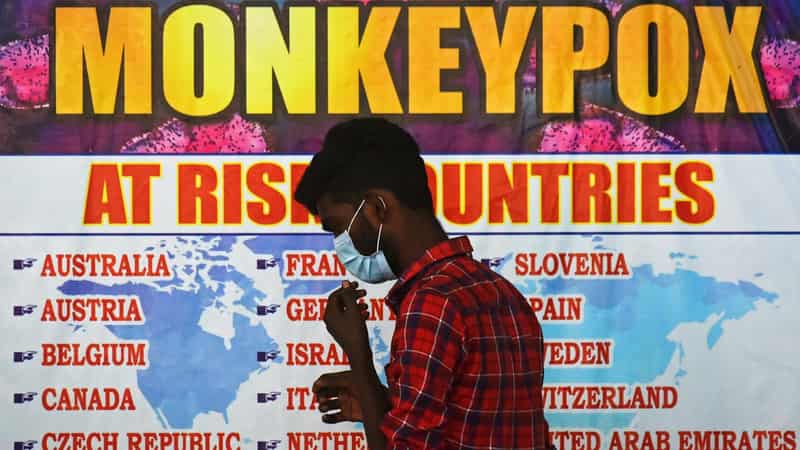
Victoria has recorded new cases of "mpox", previously known as monkeypox, for the first time in almost nine months.
The two locally acquired cases were confirmed on Thursday, prompting health authorities to warn people with symptoms to seek medical care and testing from their doctor or local sexual health clinic.
The last case of mpox in Victoria was reported in early November, 2022, but the viral infection has spread internationally since May last year.
Cases have recently increased in South-East Asia and the Western Pacific, including in Japan, the Republic of Korea, Thailand and China, acting chief health officer Professor Ben Cowie said.
The international outbreak has predominantly affected men who have sex with men.
However, anyone who has close and usually prolonged intimate contact with an infected person is at risk of contracting mpox.
The viral infection usually causes a mild illness and most people recover in a few weeks, but some may develop severe illness and have to be hospitalised.
Symptoms of mpox can arise up to three weeks after a person is exposed.
Infected people may experience a fever, chills, tiredness, headache, sore throat, muscle aches, swollen lymph nodes, pain on urination, rectal pain, bloody stools and/or diarrhoea.
They may also develop a rash, which can appear as vesicles, pustules or ulcers on any part of the body.
Prof Cowie urged people to get vaccinated against mpox if they were eligible, and said people could reduce their risk of exposure to the infection by limiting their number of sexual partners.
"Exchange contact information with your sexual partners to assist with contact tracing if needed," he said in a health alert.
People who are eligible for the mpox vaccine include high-risk close contacts of existing cases, sexually active gay and bisexual men who are both cis and trans, their sexual partners, sex workers, certain lab workers and health workers.
Two doses of the vaccine are required to ensure optimal protection from the infection.









